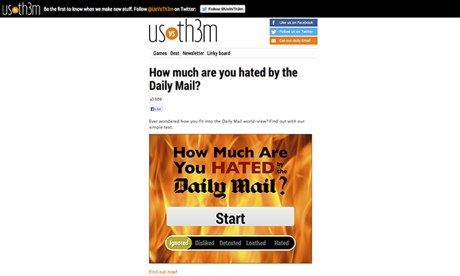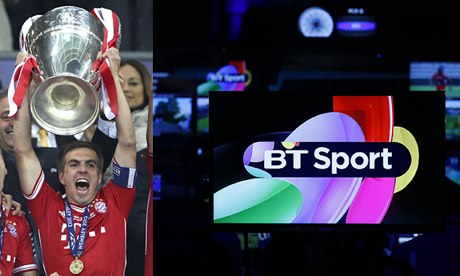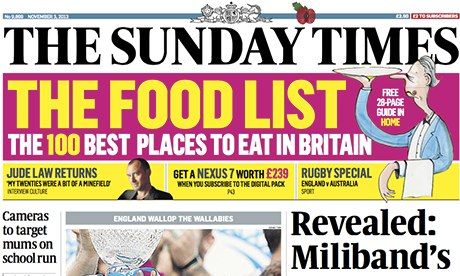The
great leveling
Sir
Tim Berners Lee - The creator of the worldwide web, a creation which was seen
as connecting humanity.
" Wikipedia inaccurate, as anyone is able to edit pages and change information about an organisation or individual."
Bill
Gates - “Internet has become the way to communicate, it has become a brain.”
- Bill Gates theory of the web was to use it for buying and selling products not sharing.
Al
Gore – “The internet has become an empowering tool.
- The worldwide web has now created a Digital divide, the
digital haves and haves not.
- 2 billion people go online every day.
- Internet challenges authority vs spying & censorship.
- The web allows someone to post something instantly, without
having to ask permission from someone.
- 5 Million people use dating websites every month.
- 40% of men watch porn online.
- 18 million people blogs, the majority being from West London.
Wikipedia
- Wikipedia articles can be posted by anyone, however they have
to verified by other users of Wikipedia to ensure the information provided is
true.
- 65 million people use Wikipedia.
- 14 million people post articles.
- Free
- Ordinary people use
- Wikipedia dont have to answer to anyone before posting something. (uncut authority)
The well
In 1985 the first computer was created which was available
for the public to purchase. Before the well the Government were the only organisation
who were able to have access to a computer.
- Al Gore saw The Tell to be a “exciting and revolutionary
prospect.”
Industrial
revolution vs internet revolution
Is
the internet going to level us?
- Challenge the business models – E.G Record
labels and shops, due to illegal downloads will this have a large effect how
much money record labels are able to generate or, whether shops are able to
keep selling CD’s of artists.
- One
example of this is HMV who specialist in selling music, which they have now
gone in bankruptcy.
Does
the Internet give power to people?
Equal
access and voice
- 35
million people go online every day in the UK.
- £1 billion
spent on internet every week.
Libertarianism
- Being able to do something without the Governments power, freedom (1960’s)
Blogging
– provides the audience with no to limit to self-expression.
Web
Sir Tim Berners
Lee - information management created the web (1980)
“Vogue but
exciting”
- Web
is what is delivered to the audience through the internet.
- 1991
– The first website went online.
- Hyper
tech – URL (web pages).
- Web
empowers people.
- Web allows you to
publish anything you want without asking for anyone’s permission
- Created a set of tools
through the web
Web allows you to report
abuse (Power of the people)
Kenya – Ushahidi
Kenya public post
examples of attacks and abuses towards the public. This then forces the
government to intervene and take action on the people who are conducted the
abuse towards the public inside of Kenya. This is an example of the power of
the web.
- “Paradigm Shift” – on a
par with the printing press.
- Revolutionary change
- 1960 – US military first
to use the internet structure
(1991) Sir Tim
Berners Lee - Created the web, URL format of the internet.
- HTML – computer language,
universal language (allowed interaction)
Resist authority – No control
of what gets published
- More power to ordinary people
- Free open sources, for
example fire fox
Altair 8800 – First computer
- Sir Tim Berners
Lee believed that all software’s that are provided with the Altair 8800
should be free, whereas Bill Gates believed that the software’s should be paid for
due to him seeing this opportunity as a business opportunity.
1995 – Internet explorer
- Sold with computers (Windows
PC).
- In 1995 Microsoft owned 95% on the market.
1999 –
Napstar
- Copy and
share music for free with one another through the internet.
- 2001 –
Napstar restricted and banned.
- 95% of
music is downloaded illegally.
Web allows
someone to create fans and an audience (UGC - User Generated Content)
- YouTube
being the main source allowing the audience to do this. For example Justin Bieber
and Rebecca black..
- 2005 YouTube their posted first video.
- More than
1 billion people view YouTube today.
- Piracy – 1991 – 2001.
Monetize
Internet
- Make
money from the Internet.





